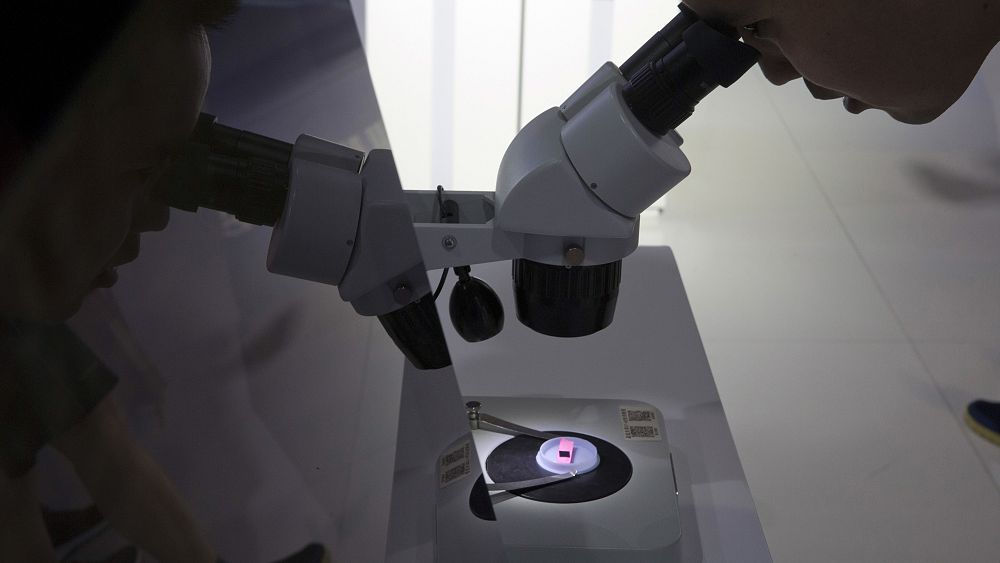
The European Parliament and EU member states reached an agreement on Tuesday on how to boost the supply of semiconductors in Europe, as the bloc races to reduce its dependency on Asian suppliers.
The European Union has prioritised local chip production following the economic aftereffects of the Covid-19 pandemic which triggered supply chain shocks that led to significant shortages.
Asian companies, especially those in China and Taiwan, currently dominate the manufacture and export of semiconductors.
“The Chips Act will boost the European ecosystem for semiconductors and play a vital part in strengthening the EU’s competitiveness at the global level,” the bloc’s Swedish presidency announced.
Under the agreement, the EU aims to double its current global market share to 20 percent in 2030 and mobilise more than €43bn in public and private investments to feed Europe’s growing appetite for chips.
Europe will need to quadruple its production to meet this target.
German MEP Henrike Hahn tweeted that the deal included €3.3bn allocated to “support large-scale technological capacity building and innovation across the EU in the semiconductor sector”.
The legislative text, known as the Chips Act, also forms part of the bloc’s bid to produce more in Europe to reduce its vulnerability to geopolitical shocks like the war in Ukraine.
When Russia invaded Ukraine last year, the EU rushed to find alternative energy sources after years of relying upon Russian fossil fuels.
“This will allow us to rebalance and secure our supply chains, reducing our collective dependence on Asia,” Thierry Breton, the EU’s industry commissioner, said in a statement after the parliament and the European Council, which represents member states, reached an agreement.





